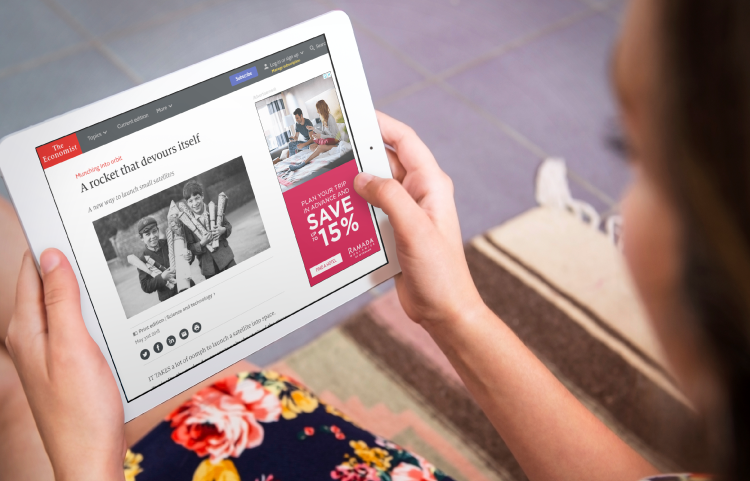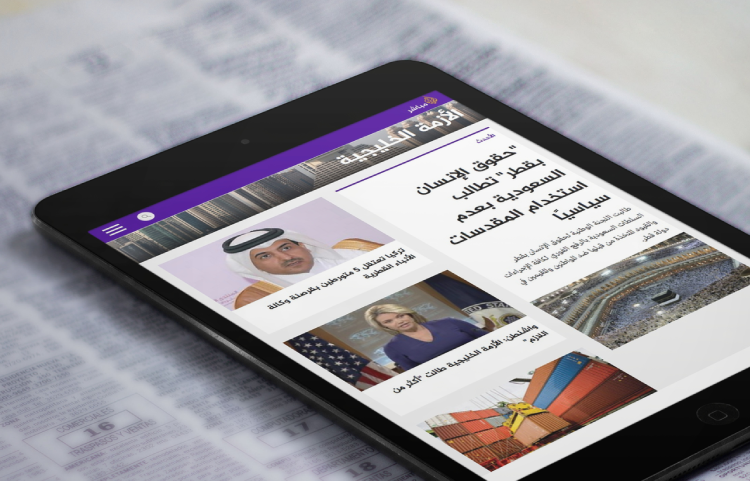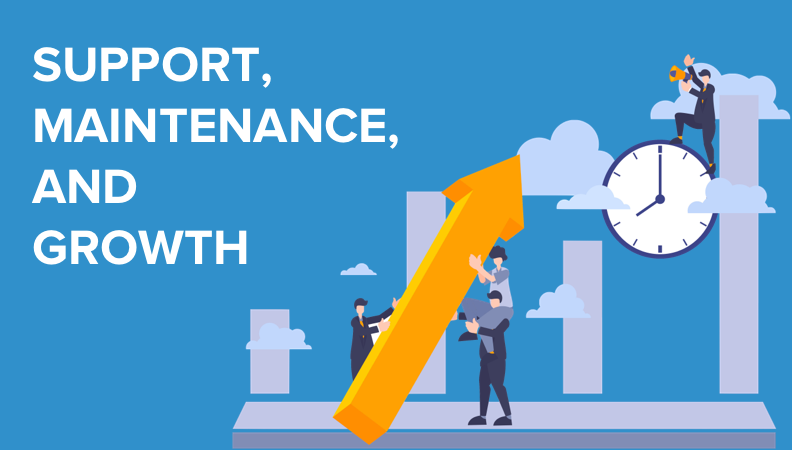- Solutions
- For Industry
- By Need
- Products
- VarbaseEnterprise CMS Distribution for Drupal
- Uber PublisherEnterprise Digital Media Platform Builder
- VardocDrupal Knowledge Base Platform
- Campaign StudioOpen Marketing Platform - by Acquia
- Open SocialSocial Business Platform - by Open Social
- Services
- Strategy
- Design
- Development
- Migration
- Support and MaintenanceSupport and Maintenance
- DevOps
- Digital Marketing

Datasheet

- Clients
- Ideas
- About
- Contact Us

6 Reasons Why Leading News and Media Networks are Using Drupal 8
The world’s top news and media networks operate different sites to targeting a wide audience. They know that the only thing better than playing to a niche market is playing to all the niche markets --by running multiple websites tailor-made to fit the preferences of their different market segments, they play to win.
This kind of business model takes effort. Their content has to be distributed in multiple languages and reworked to fit different cultures. Naturally, it takes the right CMS to be able to pull this off while still managing to be user-friendly (after all, new content pops up every hour of a given day).
This article will cover the reasons why leading news and media outlets opt for Drupal 8, choosing the framework for all other alternatives in the market. Read on to find out why Drupal is trusted by 73% of the top news and media networks (including Al Jazeera, the Walt Disney Company, Time Inc., The Economist, Twenty-First Century, CBS, and Viacom) are using it.
Drupal 8 is Optimized for a 24 Hour News Cycle

The news cycle is both the greatest and worst thing to ever happen to news media. On one hand, it guarantees a steady stream of content, and therefore opportunities to earn from subscriptions and ad space. On the other hand, news media practitioners are almost always on the clock.
The freshness of a news item is time-sensitive and highly dependent on presentation (nobody wants to read a poorly-presented article, for instance). This is why a CMS like Drupal 8, which offers core features straight out of the box, is preferred among newsmen. For example, Drupal offers a rich media editor for the content creation stage of editorial work.
Drupal’s functionality also extends beyond the newsroom, with offerings such as monetization tools, social media integration, and near-universal 3rd party integration.
Drupal 8 is Easy to Personalize and Localize

Personalization is the key to engaging with an audience. Users want to see content that appeals to their interests and challenges them to discover new information. Naturally, timing is also a major factor; a news site that is aware of their readers’ most active times can take full advantage of things like push notifications, and special offers to exclusive content.
Beyond this, news agencies need to be able to push content that appeals to a person’s sense of locality --people are naturally drawn to things that might have an impact on their lives directly. While there’s no contesting the average person’s curiosity about distant happenings, top news and media networks know how to tap into the power of the parochial mindset.
Drupal enables personalization through a suite of powerful tools designed by its large community of developers. The platform makes it easy to connect readers to the kinds of content that align with their interests. Likewise, localizing content is a necessity made accessible through the platform --nurturing a loyal following is easier with Drupal 8, which allows your content to be relevant to events that take place in their immediate surroundings.
Drupal 8 Allows for Convenient Multi-Site Management

Running multiple websites is easy with Drupal. The platform allows businesses to run multiple websites grounded in the same code base. In plain English, you don’t need to build websites from scratch every time you want to expand your base of captive niches, and you can apply the same brand of aesthetic and experiential quality to your different digital holdings.
Drupal offers a multi-site management solution, complete with tutorials, that makes the job of expanding a news empire about as accessible designing a blog. Put this together with Drupal’s offer of news and media distribution solutions straight from the box, and sprawling online presences for news agencies can grow virtually overnight.
Drupal 8 is Secure
Security is a natural concern for any organization, and news companies are no exception. Nobody wants to lose credibility in the face of a cyber attack, or worse, have their subscribers’ data leaked.
One of the pivotal reasons why the media prefers Drupal is the long tradition of security that surrounds the platform. Between the swarms of developers working to close every loophole and patch over every possible entry point and the dedicated team of security specialists attached to Drupal, the framework does an excellent job of guaranteeing its users’ security.
Case Study: Uber Publisher & Al Jazeera

We mentioned Al Jazeera among the list of news agencies that rely on Drupal for their CMS needs. They were generous enough to agree to serve as an extensive case study on the official Drupal website, and some of the major takeaways do a good job of proving how the platform is a good fit for the industry.
The case study banks on the news agency’s growth after their tie-in with Drupal. It also describes how the agency met their myriad goals, including the unification of AJMN’s digital assets and workflows into a single interface. All told, the decision to opt for Drupal was a success for Al Jazeera.
Now, what the case study didn’t cover was Al Jazeera’s decision to opt for one Drupal-based solution in particular: Uber Publisher, a sub-profile of Varbase. Uber Publisher is a Drupal distribution that contains over a thousand out-of-the-box features and is continuously funded, supported, and improved by Vardot --and likely a contributing factor to Al Jazeera’s digital success. Its features for media marketing, automated tagging, easy authoring, and SEO make it a potent tool in the hands of a business of any size.
Conclusion
Drupal 8 is an optimal solution for news and media networks, regardless of their size. It’s affordable, convenient, and easy to both implement and maintain over the lifespan of a media agency. A good network would do well to tap into the functionality that Drupal has to offer, and a great one would scan the market for tools such like Vardot’s Uber Publisher; with any luck, they’ll meet the same digital success as Al Jazeera and its cohort (or exceed it).
- Drupal
- Drupal 8
- Drupal Planet
- Website Launch



